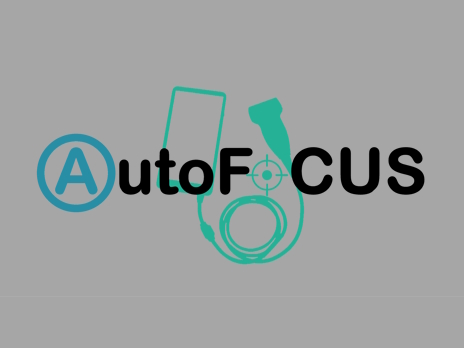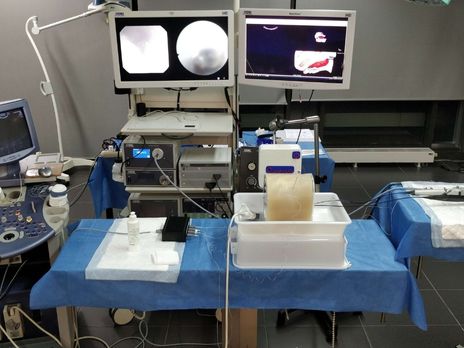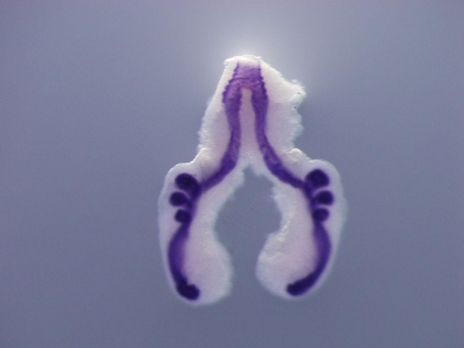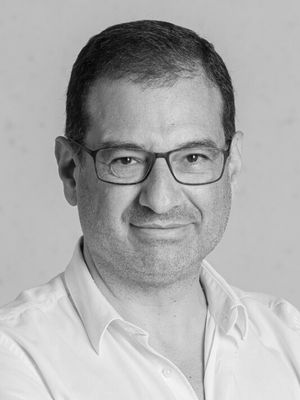
Surgical Sciences & Allied Technologies
Team Members

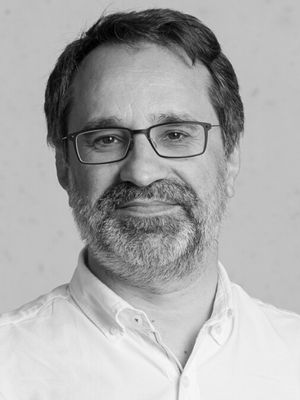
Patrício Costa
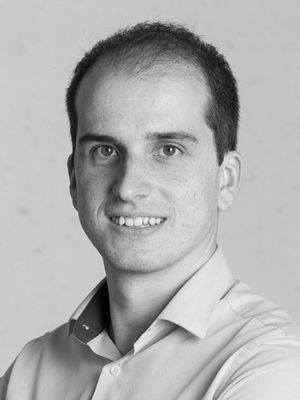
Sandro Queirós

Alice Augusta Macedo Miranda
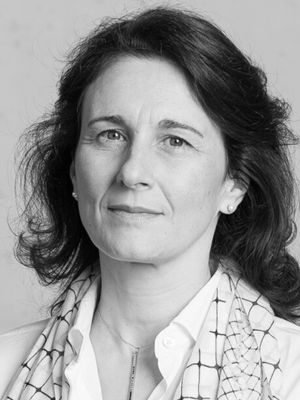
Carla Rolanda
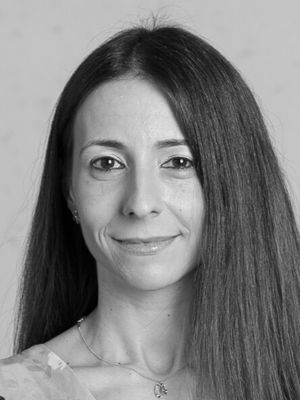
Cristina Nogueira-Silva

Emanuel Carvalho-Dias
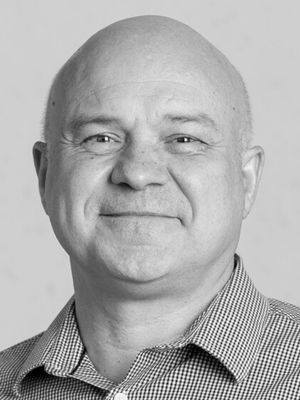
Estevão Lima

Luís Lopes
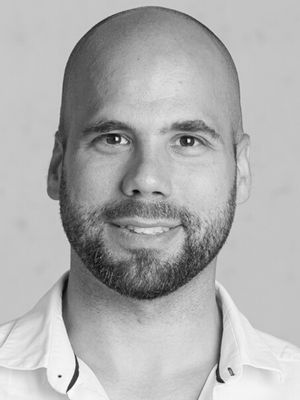
Péter Etlinger
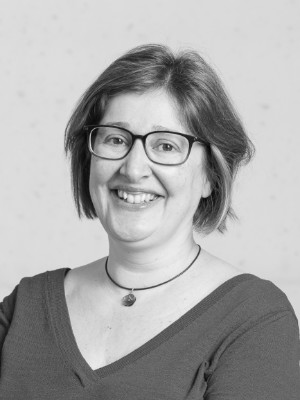
Rute S Moura
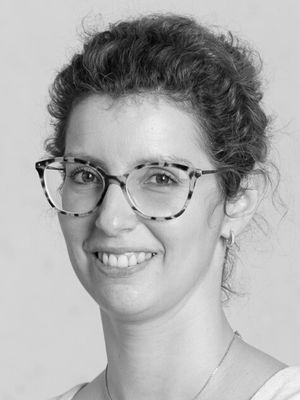
Alexandra Miranda
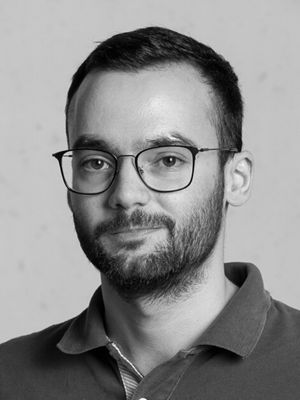
Bruno Silva

Carlos F. H. Serra
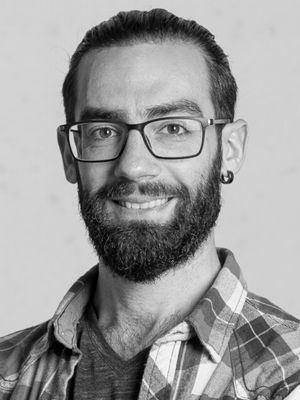
Marcos Fernández-Rodríguez

Vera Trocado
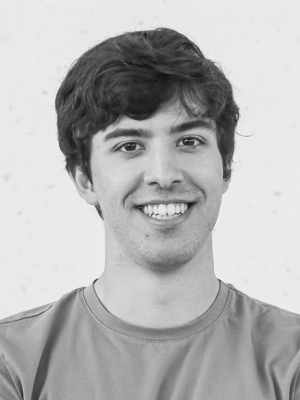
Edgar Pinto
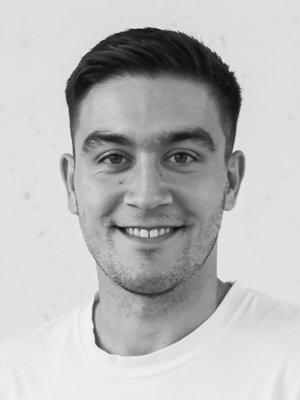
João Freitas
Projects
- Sandro Queirós
- Focused cardiac ultrasound (FoCUS) refers to the use of ultrasound imaging to evaluate cardiac structure and function at the bedside by a treating physician. In recent years, FoCUS has become an indispensable first-line diagnostic tool, complementing…
- Luís Lopes
- The ColonCAD project aims to develop an intelligent technological platform for the detection and classification of early signs of colon polyps, through the analysis and classification of images taken in real time during a colonoscopy.
- Cristina Nogueira-Silva
- Despite all the technologic developments that have already been seen in last decades in medical care, fetal well-being monitoring remains a challenge to solve. The main aim of this work is to construct an innovative electrochemical (bio)sensor for the monitoring…
- Estevão Lima
- This project aims to develop endoscopic, robotic and artificially intelligent surgical instruments that facilitate the performance of minimally invasive surgery. We are creating new surgical navigation systems using artificial intelligence…
- Rute S Moura
- Embryos exposed to insults during the first trimester have a higher risk of developing congenital anomalies since this gestational period is characterized by organogenesis-related events. The chicken embryo is an excellent model to study the impact of specific drugs…
Success Story

Selected Research Outputs
Recent and most relevant publication on Clinical Research
Clinical Performance of Flash Glucose Monitoring System in Patients with Liver Cirrhosis and Diabetes Mellitus. Costa D, Lourenço J, Monteiro AM, Castro B, Oliveira P, Tinoco MC, Fernandes V, Marques O, Gonçalves R, Roland C. Scientific Reports, 2020, 10(1):7460. DOI: 10.1038/s41598-020-64141-x.
Recent and most relevant publication on Fundamental Sciences
Lung branching morphogenesis is accompanied by temporal metabolic changes towards a glycolytic preference. Fernandes-Silva H, Alves MG, Araújo-Silva H, Silva AM, Correia-Pinto J, Oliveira PF, Moura R. Cell & Bioscience, 2021, 11:134. DOI: 10.1186/s13578-021-00654-w.
Recent and most relevant publication on Applied Technology
Automatic Assessment of Pectus Excavatum Severity From CT Images Using Deep Learning. Silva B, Pessanha I, Correia-Pinto J, Fonseca JC, Queirós S. IEEE Journal of Biomedical and Health Informatics, 2022, 26:324-333. DOI: 10.1109/JBHI.2021.3090966.
Recent and most relevant publication on Data Science
Measuring medical students’ empathy: exploring the underlying constructs of and associations between two widely used self-report instruments in five countries. Costa P, Carvalho-Filho MA, Schweller M, Thiemann P, Salgueira A, Benson J, Costa MJ, Quince T. Academic Medicine, 2017, 92(6):860-867. DOI: 10.1097/ACM.0000000000001449.
Recent and most relevant publication on Surgical Education
Characterization of technical skill progress in a standardized rabbit model for training in laparoscopic duodenal atresia repair. Etlinger P, Barroso C, Miranda A, Pinto JM, Lamas-Pinheiro R, Ferreira H, Leão P, Kovács T, Juhász L, Szabó LS, Farkas A, Vajda P, Kálmán A, Géczi T, Simonka Z, Cserni T, Nógrády M, Fodor GH, Szabó A, Correia-Pinto J. Surgical Endoscopy, 2022, 36:2456-2465. DOI: 10.1007/s00464-021-08530-x.
Multidisciplinary minimally invasive surgery training program
according to our mission on education and training, our team has a strong commitment towards implementing training and postgraduate courses. During the last decade, the team has implemented an international hands-on training program in minimally invasive surgery, including over a dozen courses per year, providing training in minimally invasive surgery to over 500 medical doctors/year of various specialties (pediatric surgery, orthopedics, urology, gynecology, anesthesiology, general surgery, gastroenterology).
Most successful entrepreneurship initiative
iSurgical3D, a medical technology company specialized in advanced solutions for surgery, dedicated to research, development and marketing of prosthetic, orthotics, and other medical devices (internal website link)
Latest licensed software
MITT, a medical image tracking algorithm licensed, in 2022, to a medical technology company for commercial exploitation in cardiac magnetic resonance imaging.
Latest licensed patent
“Device and method for obtaining a full-surface estimate of an organ from a received partial anatomical point cloud” (PT117845), S. Queirós, J. Gomes-Fonseca, J. L. Vilaça, E. Lima, J. Correia-Pinto, 2022.



Contact us
Phone: +351 253 604 967
Fax: +351 253 604 809
Email: icvs.sec@med.uminho.pt
Address
Life and Health Sciences
Research Institute (ICVS)
School of Medicine,
University of Minho,
Campus de Gualtar
4710-057 Braga
Portugal

Copyright ©2022 ICVS. All Rights Reserved



Copyright ©2022 ICVS. All Rights Reserved
Address
Life and Health Sciences
Research Institute (ICVS)
School of Medicine,
University of Minho,
Campus de Gualtar
4710-057 Braga
Portugal



Copyright ©2022 ICVS. All Rights Reserved
Address
Life and Health Sciences
Research Institute (ICVS)
School of Medicine,
University of Minho,
Campus de Gualtar
4710-057 Braga
Portugal


